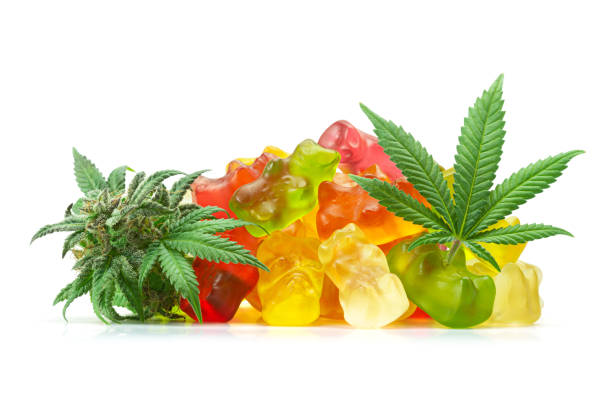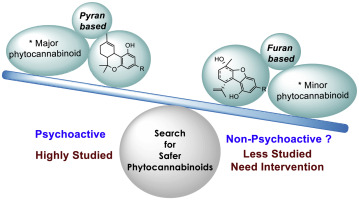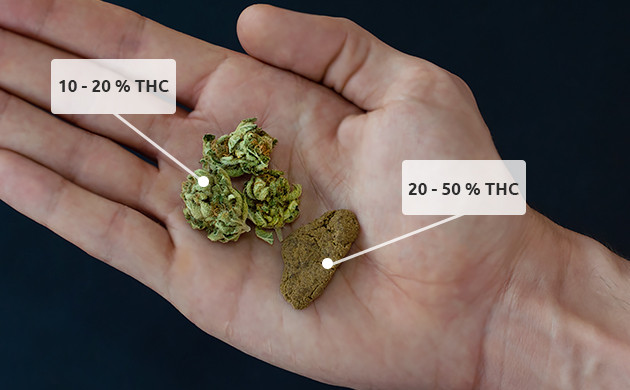
Neuroplasticity and Cannabis: How THC May Rewire Learning Pathways
The human brain is not a static organ. It has the remarkable ability to adapt, reorganize, and form new connections
FREE SHIPPING ON ORDERS OVER $99 | 10 points = $1

In the world of health, wellness, and medicine, the terms psychoactive and non-psychoactive are often used to describe how substances interact with the brain and body. Understanding the difference between these two types of compounds is essential—especially when it comes to natural supplements, medications, or cannabis-related products.
Psychoactive compounds are substances that affect the brain and alter mood, perception, behavior, or consciousness. They work by interacting with the central nervous system and changing how brain cells communicate.
Non-psychoactive compounds do not produce any noticeable changes in mood, perception, or mental function. These substances may still have physiological or therapeutic effects, but they do not directly alter brain activity in a way that impacts consciousness.
| Feature | Psychoactive Compounds | Non-Psychoactive Compounds |
|---|---|---|
| Affect mental state? | Yes | No |
| Influence mood or behavior? | Often | Rarely or indirectly |
| Examples | THC, caffeine, alcohol | CBD, vitamins, omega-3 |
| Therapeutic uses | Mental health, pain management | Stress support, wellness, recovery |
| Legal status | Varies widely | Generally more accepted/legal |
Understanding the distinction between psychoactive and non-psychoactive compounds helps in:
Both psychoactive and non-psychoactive compounds have value, depending on their intended use. While psychoactive substances can help treat specific mental health conditions, non-psychoactive options offer wellness benefits without altering your mind. Knowing the difference empowers you to choose the right solution for your needs—whether you’re seeking relaxation, clarity, or medical relief.

The human brain is not a static organ. It has the remarkable ability to adapt, reorganize, and form new connections

In our fast-paced world, many people accumulate what’s known as sleep debt—a deficit that builds when you consistently sleep fewer